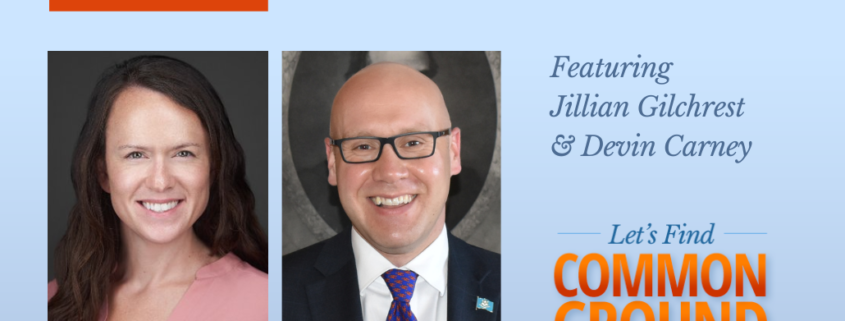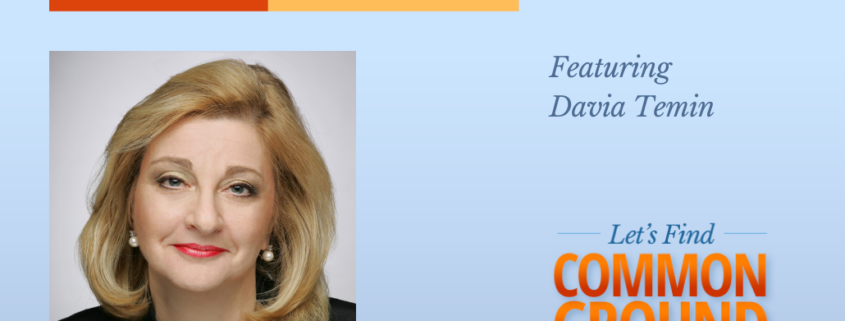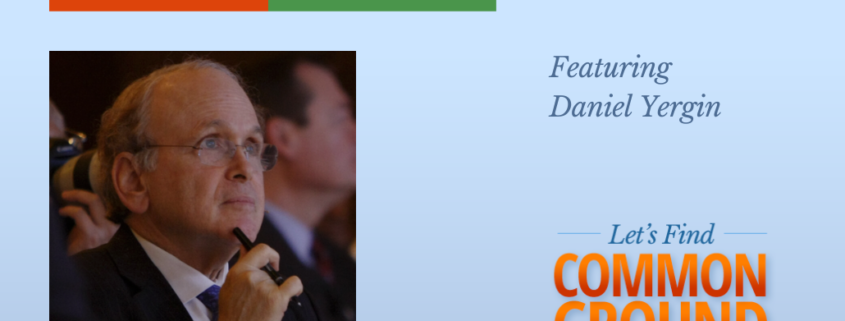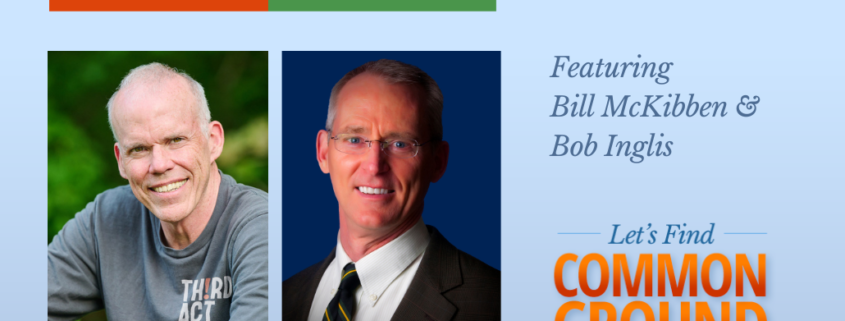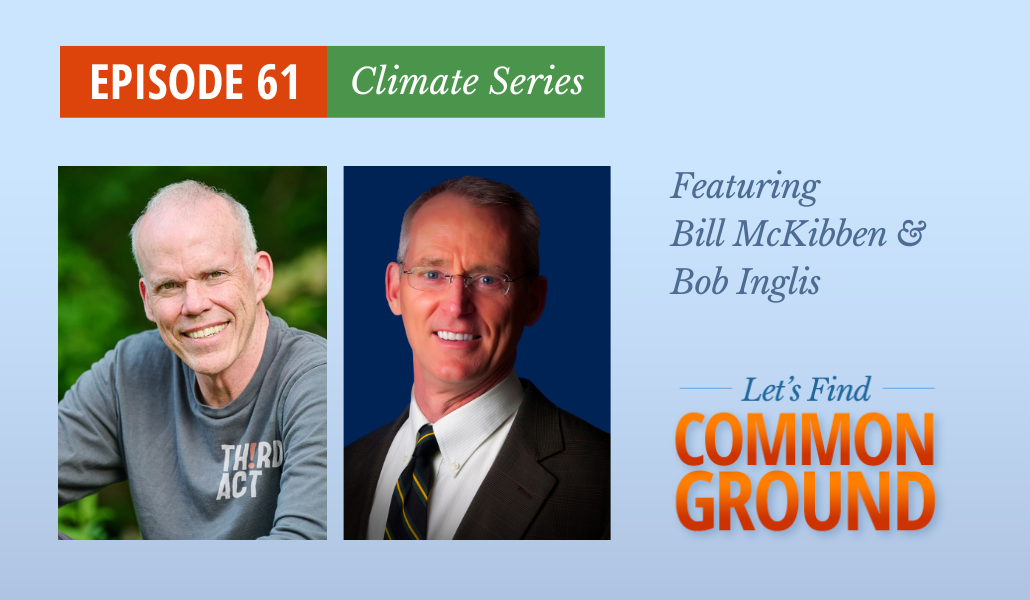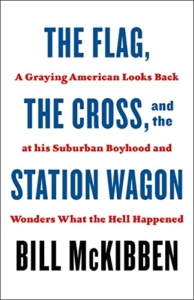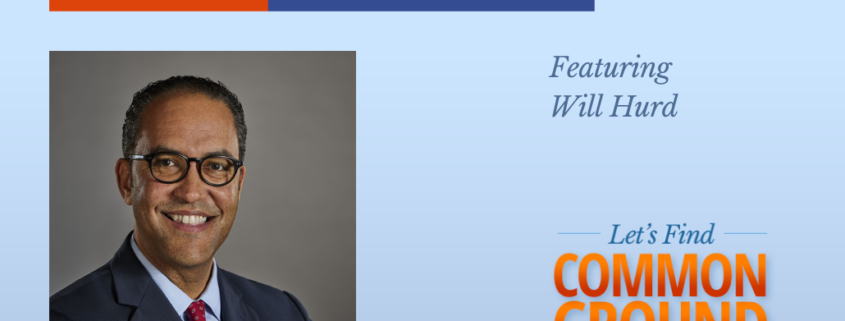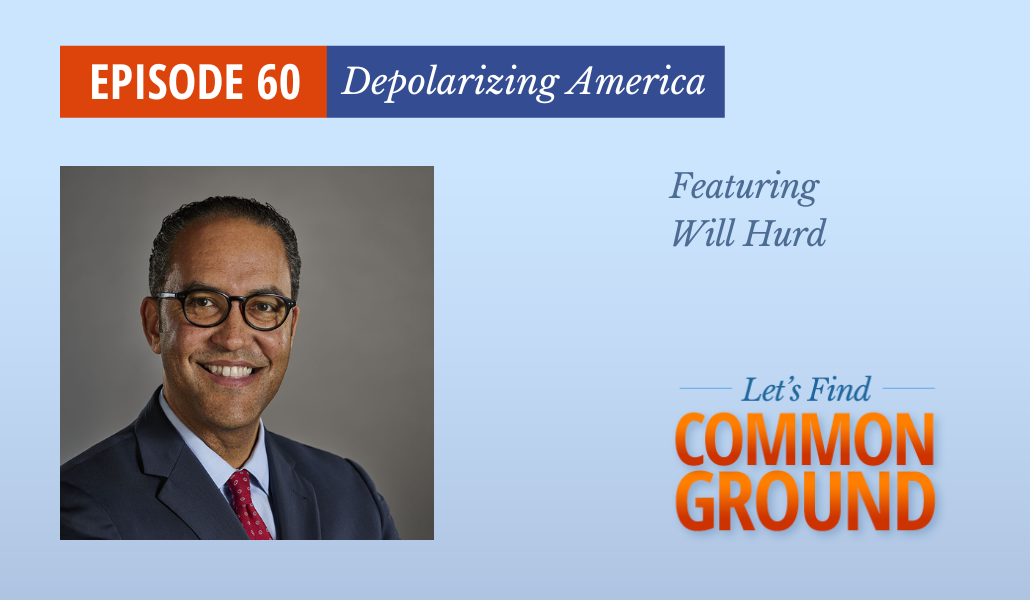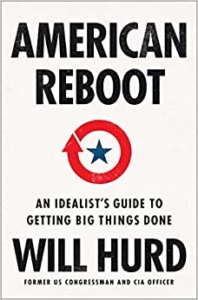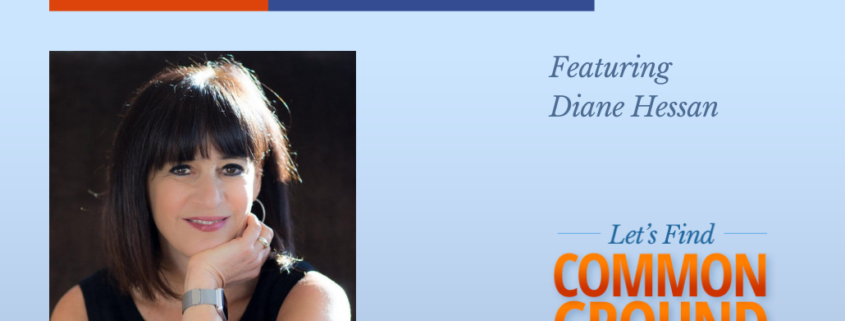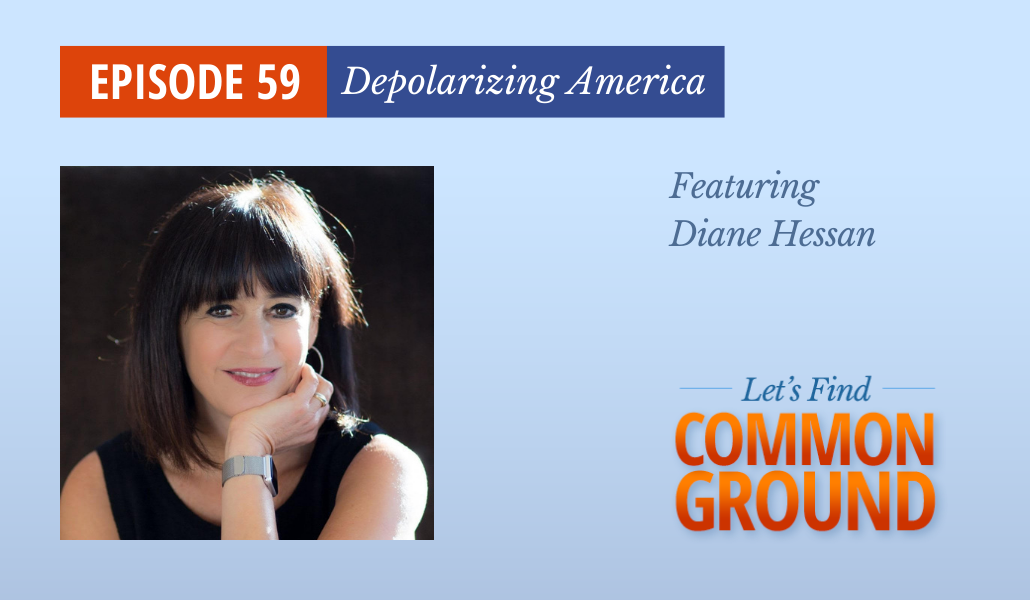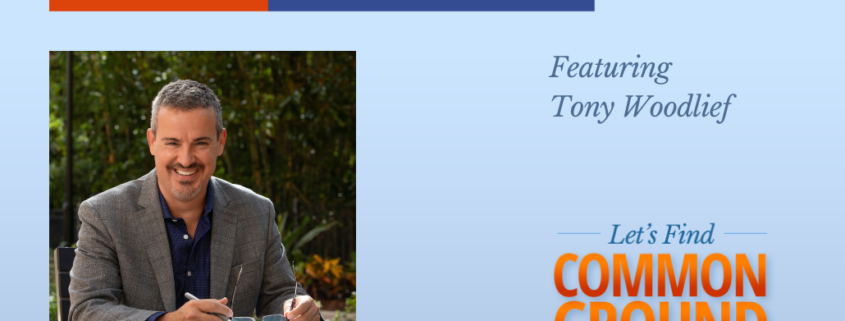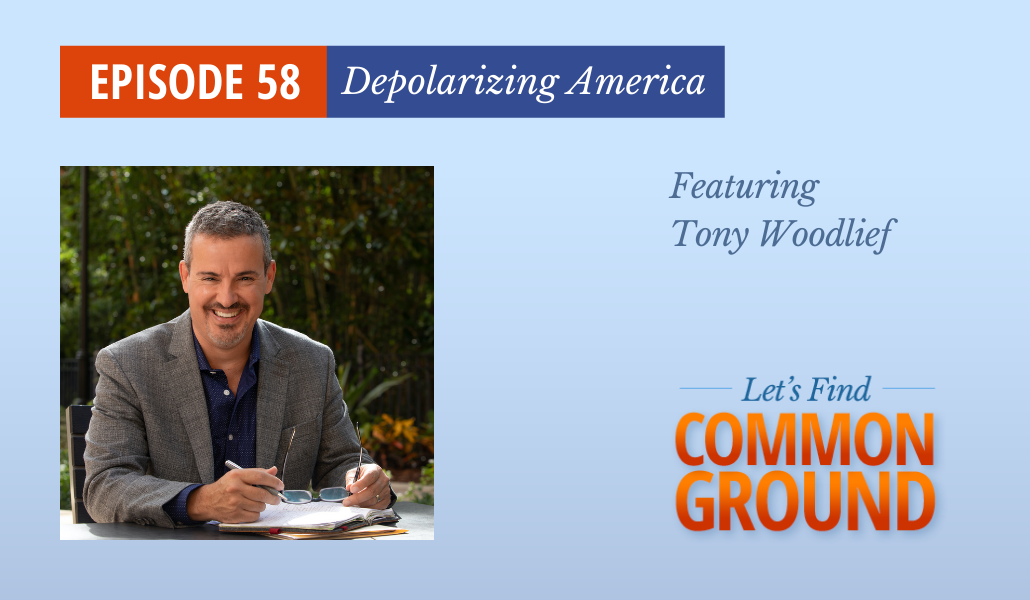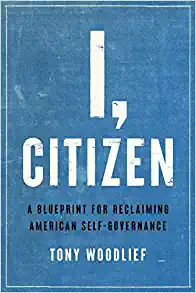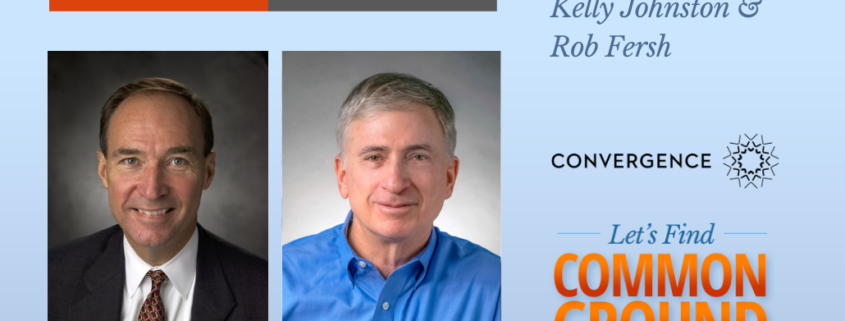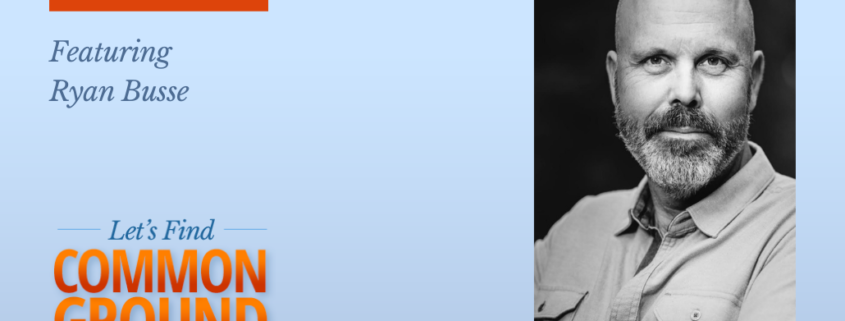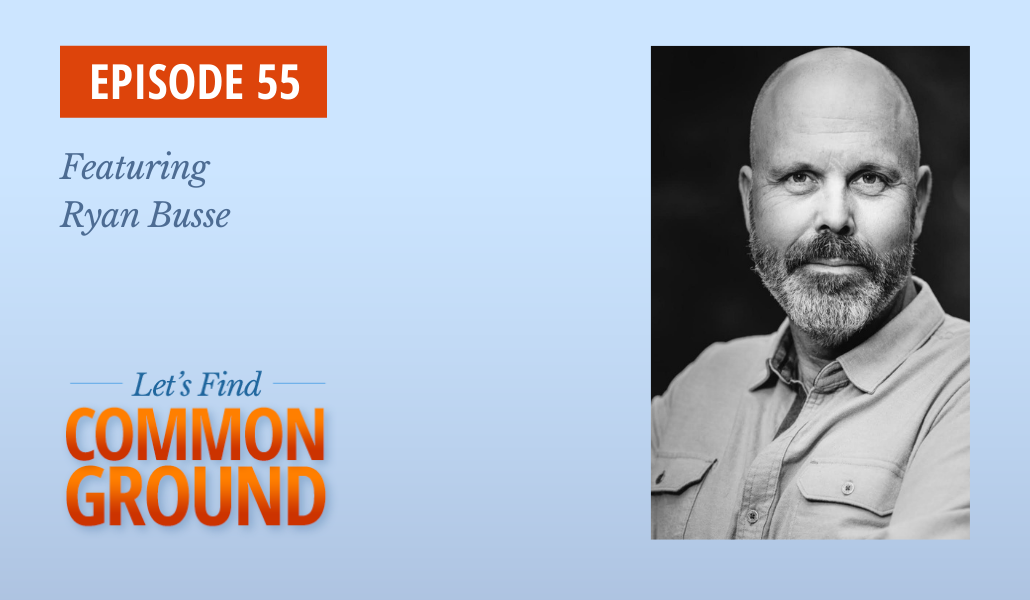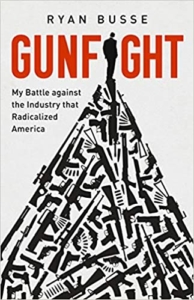Millennial Politicians on Finding Common Ground
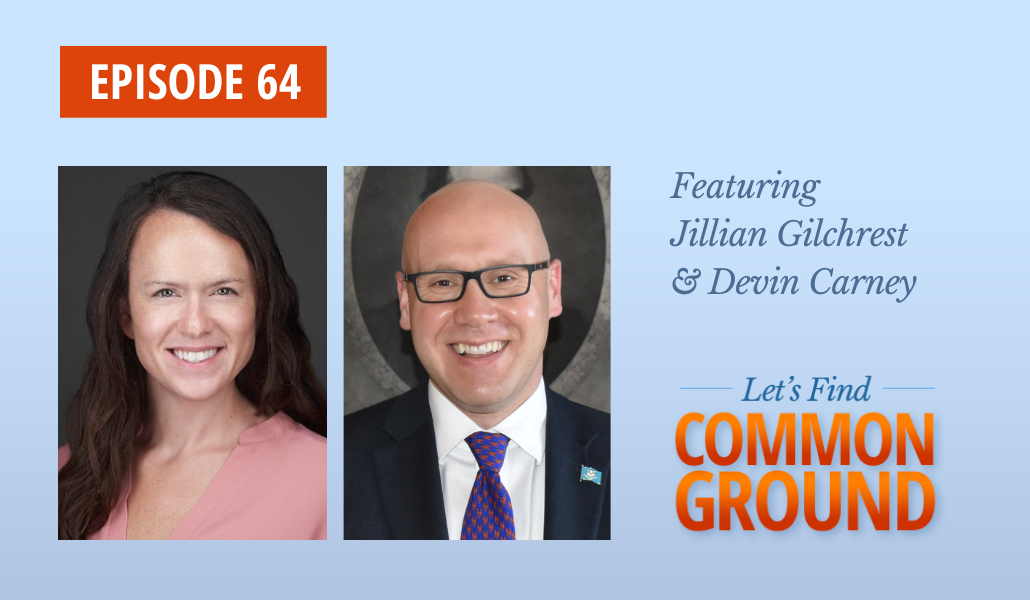
Subscribe to the Podcast
At a divisive time in national politics, how can local politicians work for the common good? Hear from two young leaders.
In US politics, bipartisanship is now the exception, not the rule. But the Millennial Action Project is pushing back: it trains young leaders to bridge the partisan divide and work together to solve America’s problems.
In this episode, we meet two members of the Millennial Action Project from opposite sides of the aisle. They are state representatives from Connecticut, Republican Devin Carney, and Democrat Jillian Gilchrest. Gilchrest and Carney discuss the joys and challenges of being a local politician at a time when national politics is so divisive. ‘Get to know me’ is something they often find themselves saying to constituents who judge them solely on the ‘R’ or ‘D’ after their name.
The two representatives talk about listening and responding to their constituents, having their own prejudices upended, and how they find ways to agree for the good of their state. All on this episode of Let’s Find Common Ground.
Read the Episode Transcript
Ep 64 – Millennial Politicians on Finding Common Ground
Jillian Gilchrest
Rep. Jillian Gilchrest represents Connecticut’s 18th district in Hartford County. Rep. Gilchrest was educated at the University of Connecticut where she received a Master of Social Work and teaches at the University of Saint Joseph, University of Hartford, and Sacred Heart University.
Prior to her election in 2018, she has a wealth of experience advocating for women’s issues. She serves on the board of directors for the two nonprofit entities that encompass The Permanent Commission on the Status of Women in Connecticut. Additionally, Gilchrest has extensive public policy experience in women’s issues serving as the Policy Director at the Connecticut Association for Human Services, an Executive Director of NARAL Pro-Choice Connecticut, the Director of Health Professional Outreach for the Connecticut Coalition Against Domestic Violence, and the Director of Public Policy and Communication at Connecticut Sexual Assault Crisis Services.
Currently, Gilchrest serves on the Education, Appropriations, and Commerce Committees.
Devin Carney
State Rep. Devin Carney proudly represents the 23rd General Assembly District. He was elected to his fourth two-year term in November 2020. Rep. Carney was appointed to serve as the Ranking Member for the Transportation Committee for the 2021 and 2022 legislative sessions, having also served in this position in 2017-2018.
Carney graduated from Brandeis University in 2006 where he received a BA in Political Science and a BA in American Studies with a minor in Film. In addition to the legislature, Carney works in finance at John A Bysko Associates and as a Realtor with Coldwell Banker.
Rep. Carney volunteers his time with many local organizations including serving on The Katharine Hepburn Cultural Arts Center Board of Trustees, as the Treasurer of the Board of Saybrook Senior Housing, a member of The Rotary Club of Old Saybrook, and as a member of both the Lyme-Old Lyme and Old Saybrook Chambers of Commerce. In addition, he serves as a member of the bipartisan Millennial Action Project, which brings together legislators 45 and under, and the National Caucus of Environmental Legislators. He also serves as an alternate member of the Old Lyme Zoning Board of Appeals.
Want to hear more? Check out our podcast page to see all the discussions!

